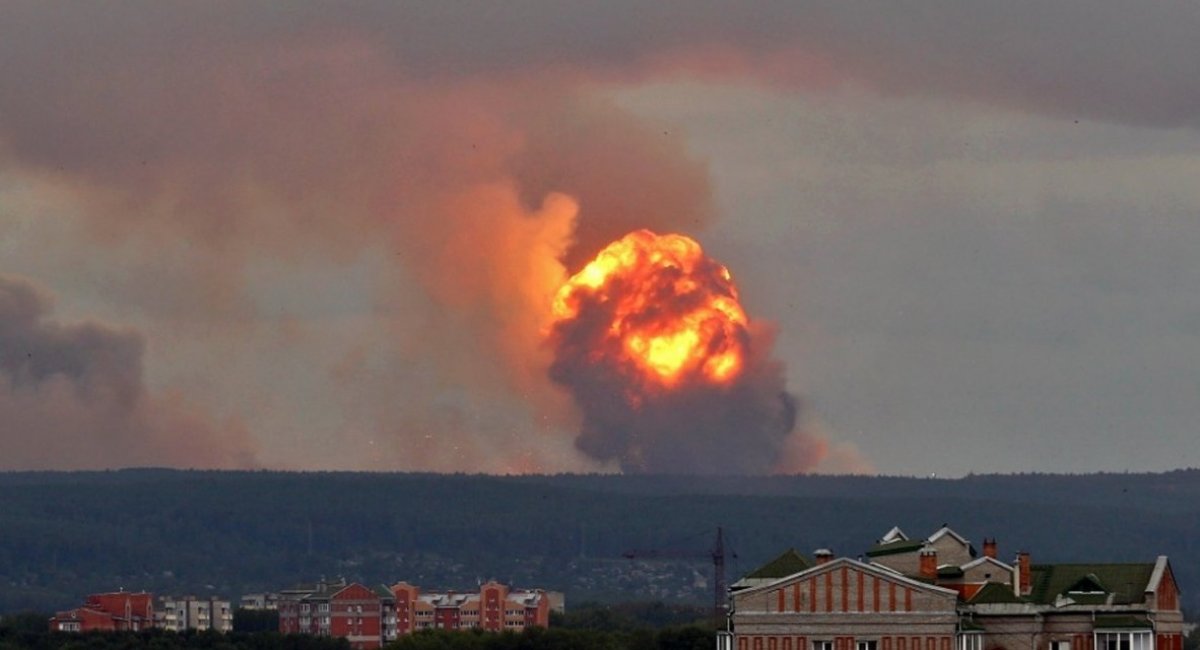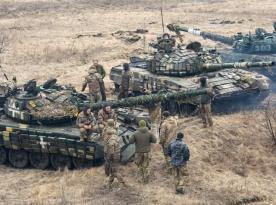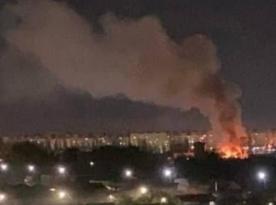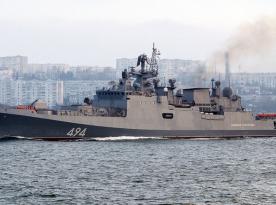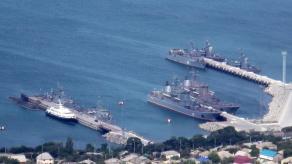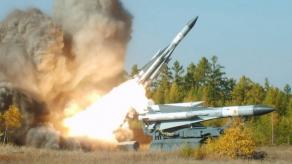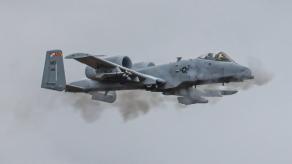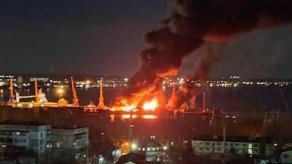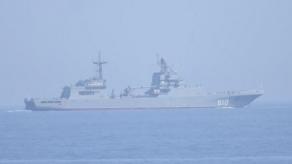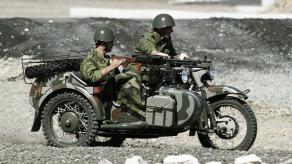The Armed Forces of Ukraine inflict methodical strikes on the enemy's rear aiming to destroy ammunition and fuel warehouses.
These strikes have become systematic "morning news", but their importance is much greater than a simple strike on warehouses, the direct consequence of which is a shortage of shells or fuel. In fact, everything is much more complicated and with much bigger problems for the russian army.
Read more: 134 Days of the War: Russian Casualties in Ukraine
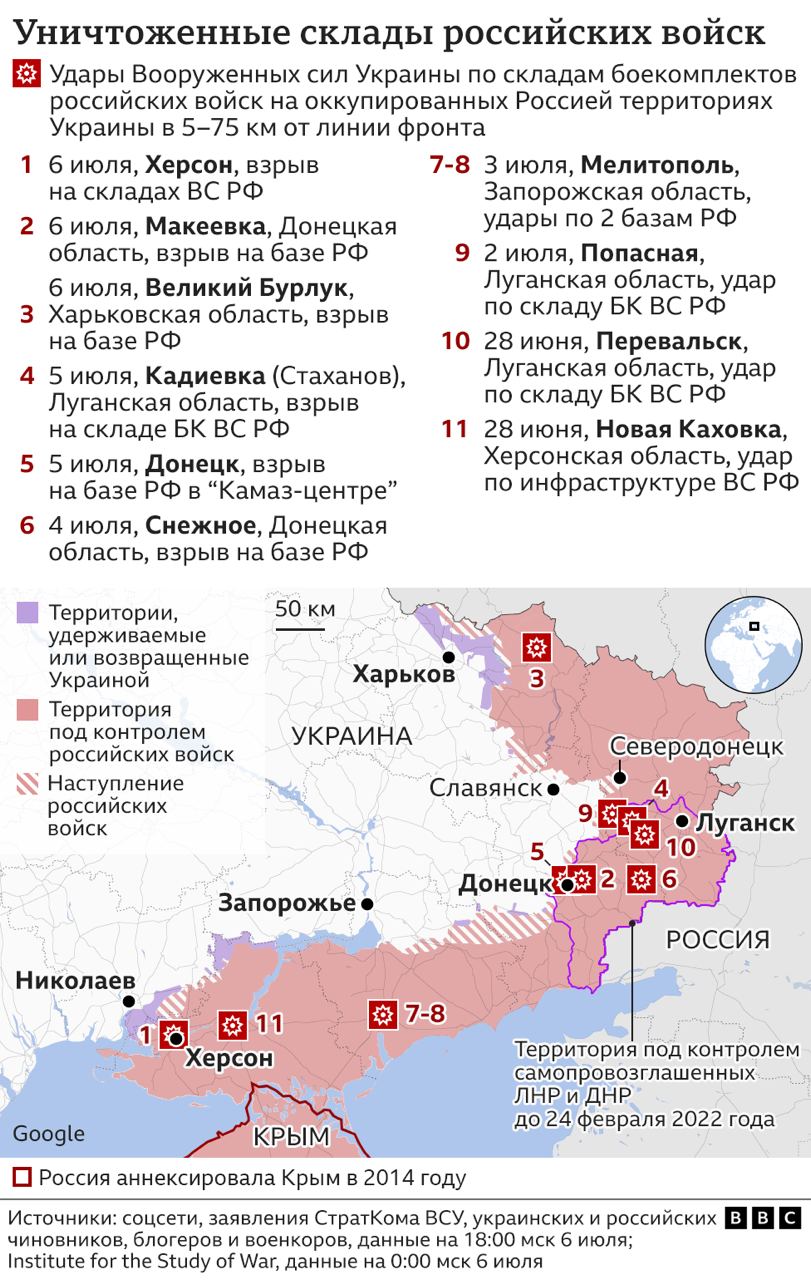
In particular, the BBC published a map where they collected information about the destruction of russian army depots, which were destroyed from June 28 to July 6. Of course, this information is not complete, because only those cases when the consequences were recorded on video.
By the way, this map has already been called the HIMRAS impact map. In particular, to strike on russian bases in Donetsk there is no exceptional need to use this long-range system, because it is possible to reach objects with artillery fire. The fact is that these warehouses were created or significantly expanded after the invasion of the russian federation without all the necessary measures to strengthen them.
Usually abandoned industrial buildings were used, and no one in the russian army was involved in organizing their work. All cargo operations were carried out "by hand", the ammunition was not dispersed and lay in the open air. That is, there are all conditions for cascade detonation. All cargo operations were carried out "by hand", the ammunition was not dispersed and lay in the open air. That is, all the conditions for a cascade detonation are present.
In any case, the first obvious consequence of such strikes is the lack of fuel and ammunition in that area, and all kinds of front-line russian propagandists have already begun to speak out the issue. As a result, it already leads to a significant decrease in the offensive and defensive potential of the russian army.
A completely logical solution is to move the largest ammunition depots to a greater depth. But for this, it is necessary to rake the surviving bases, and it’s possible only by "hands", which requires considerable time.
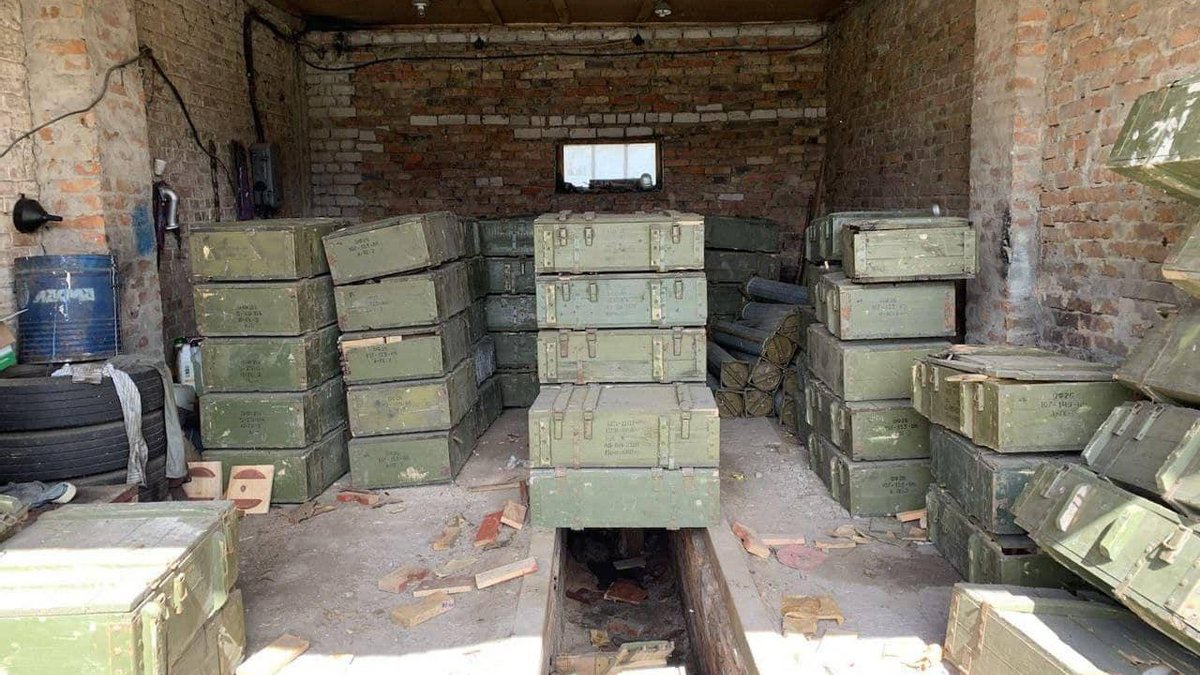
But after the transfer of these warehouses, the second and most important stage of problems is a significant increase of the logistics arm. As a result, the complexity of logistical support increases many times, as does its cost, trivially due to the need for more fuel, and also requires a significant increase in the personnel of rear support. This is subject to such limitations as road capacity and the lack of vehicles that still need to be serviced.
Moreover, the supply of the same ammunition is a logistical process that begins even in the ultra-deep rear of the russian federation, somewhere at the conventional base of missile forces and artillery beyond the Urals. Until the new warehouses are deployed, they cannot send the next batch because there is no place to unload it yet.
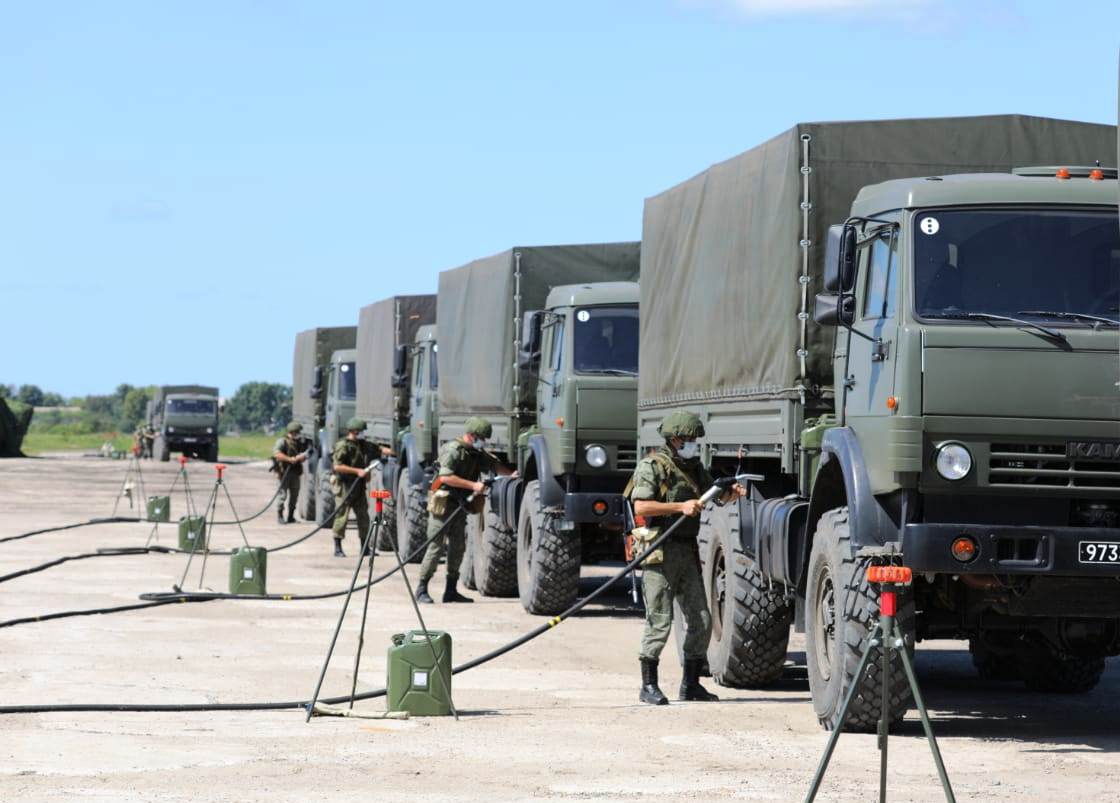
In other words, behind the news about the next destruction of the Russian army's ammunition storage, a whole cascade of consequences follows, which are superimposed on each other. And the ultimate goal of these strikes is to eliminate the advantage of the russian army in the number of weapons, because it doesn't matter how many guns the enemy has, if there are no ammo for them, or how many tanks, if they are without fuel.
Read more: Latvia to Resume General Conscription After a 15-Year Hiatus




